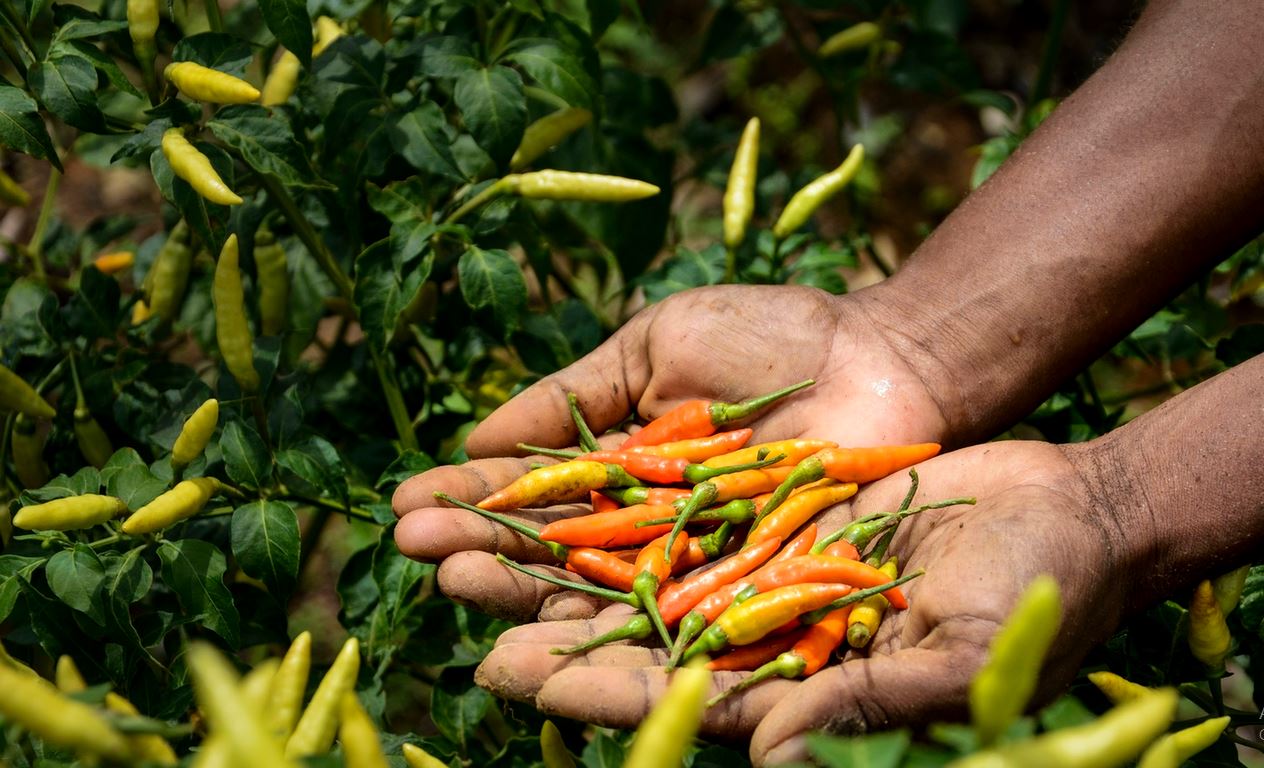Women have been seen to be more proactive than their male counterparts in starting enterprises in the agricultural sector.
According to a study conducted by Som Pal Baliyan, a Research Fellow at the Livingstone Kolobeng Department of Agriculture, 43 per cent of university graduates have an interest in pursuing agricultural enterprises and over 50 per cent of those are female.
Baliyan was presenting a paper titled ‘Entrepreneurial and attitude challenges: analysis of gender differences among agricultural graduates in Botswana’ at the 5th Biennial International Conference on Business Innovation and Growth.
The conference was held last week under the theme “business Innovation and Entrepreneurship: Accountability, Challenges and Competitiveness in Changed and Emerging Economies”.
During his presentation, Baliyan also revealed that the study on the subject found that the two demographics were affected the same by the existing challenges that impede all startup companies from taking off. Some of these he noted to be the lack of access to farmland, lack of capital and lack of proper entrepreneurial infrastructure. Poor work ethic and high competition emanating from lax controls of agricultural imports into the country also featured on the list.
Questioned on whether there were any indicators that showed that the competition could mostly be between the local agricultural entrepreneurs, Baliyan attested to there being local competition but noted that it was far outweighed by that of imports. He said the cost of production in Botswana is high compared to neighbouring South Africa who also produces in high volumes to cater to their huge population.
“These products then come at a cheaper price, stifling the local agricultural entrepreneurship ecosystem,” he said.
Of all these impediments, lack of land seemed to be the most troubling as participants agreed that bureaucratic red tape makes it hard for everyone, not just university graduates, to attain land for any enterprise, let alone an agricultural one.

The overall sentiment was that the country has vast land that is made unavailable and unattainable by the country’s laws and the inter-relation of government departments.
This publication reached out to a young local agricultural entrepreneur who trades in the rabbit meat industry, Keith Rabbit Empire Founder and Director, Tshwarelo Senthufe to get the view of a person currently operating in the agricultural entrepreneurship space.
The entrepreneur is of the view that lack of availability of land is one of the major impediments to agricultural graduates starting businesses because it takes a long time for one to get awarded land by the authorities. “The other option of leasing out land for agricultural enterprises proves costly to young farmers as well,” he adds.
Despite this challenge, Senthufe whose business model demands little land for rearing rabbits laments that there is a dire shortage of skills on rabbit production and the problem spills over to the veterinarian department where he has in some cases had to cull some of his stock because the veterinarian was not trained on rabbit health.
Apart from the above-mentioned challenges, Senthufe also noted lack of infrastructure specifically for rabbit production lamenting that the situation compromises the quality of the produce. “This then results in retailers and customers opting for imported rabbit meat over locally produced produce,” said the ‘Best in Agriculture’ award winner at the recent Youth Business Expo by the Ministry of Youth Empowerment, Sport and Culture Development.
Though he started his enterprise informally with just two rabbits, he has gone on to create a lucrative business in an unchartered field. He states that he is seeing an attitude change towards the rabbit production industry with the government now recognizing it as a business.
“Rabbit production has been included in the Poverty Eradication Programme as one of the options besides chicken, goat production as well as back yard gardening, that shows initiative on their part,” he said.

